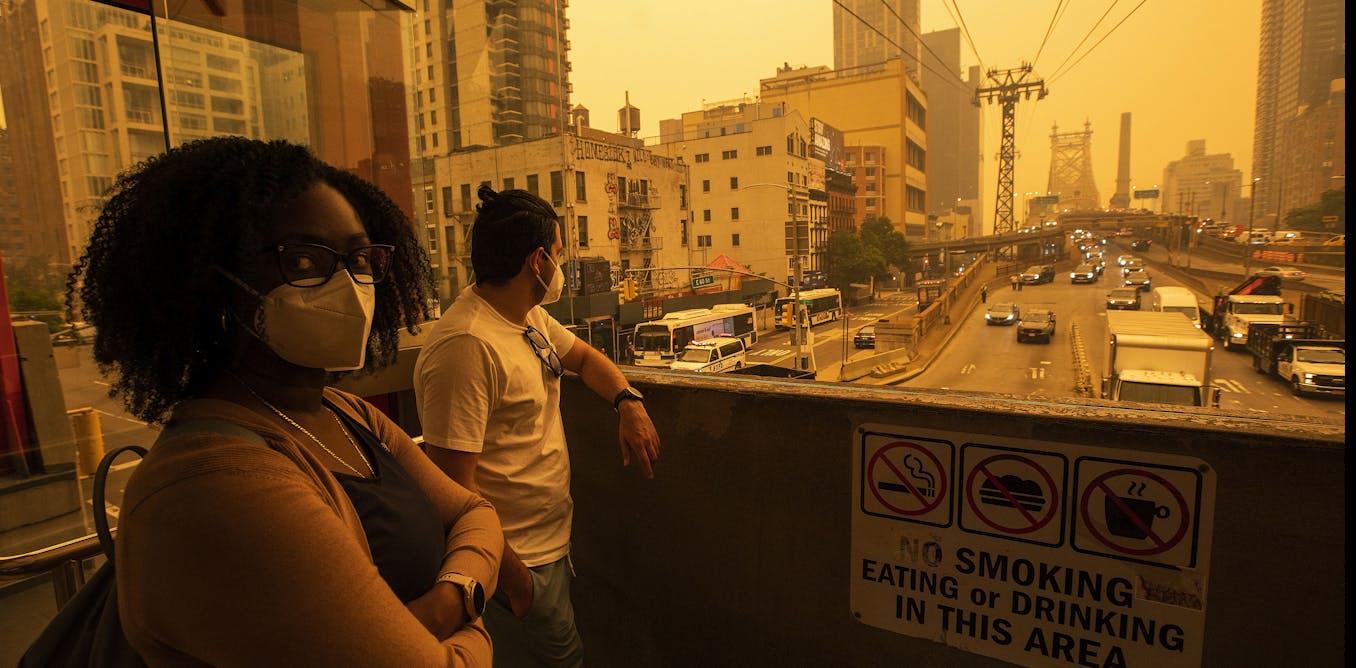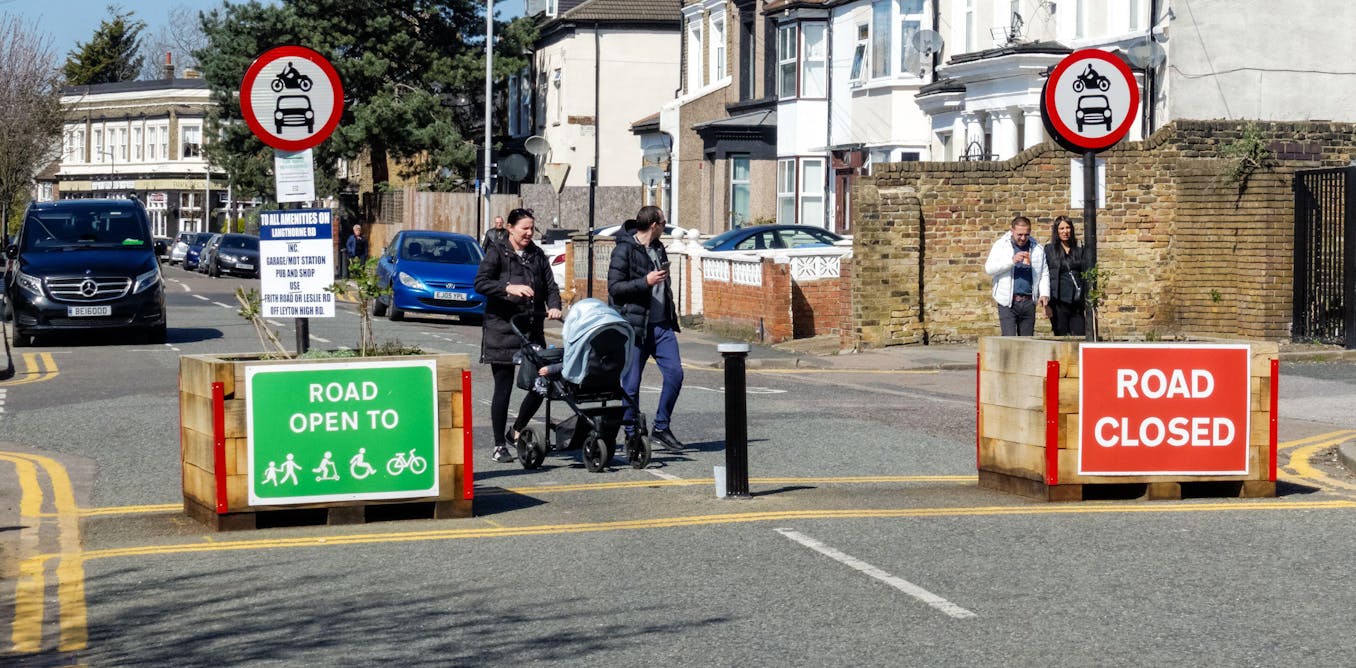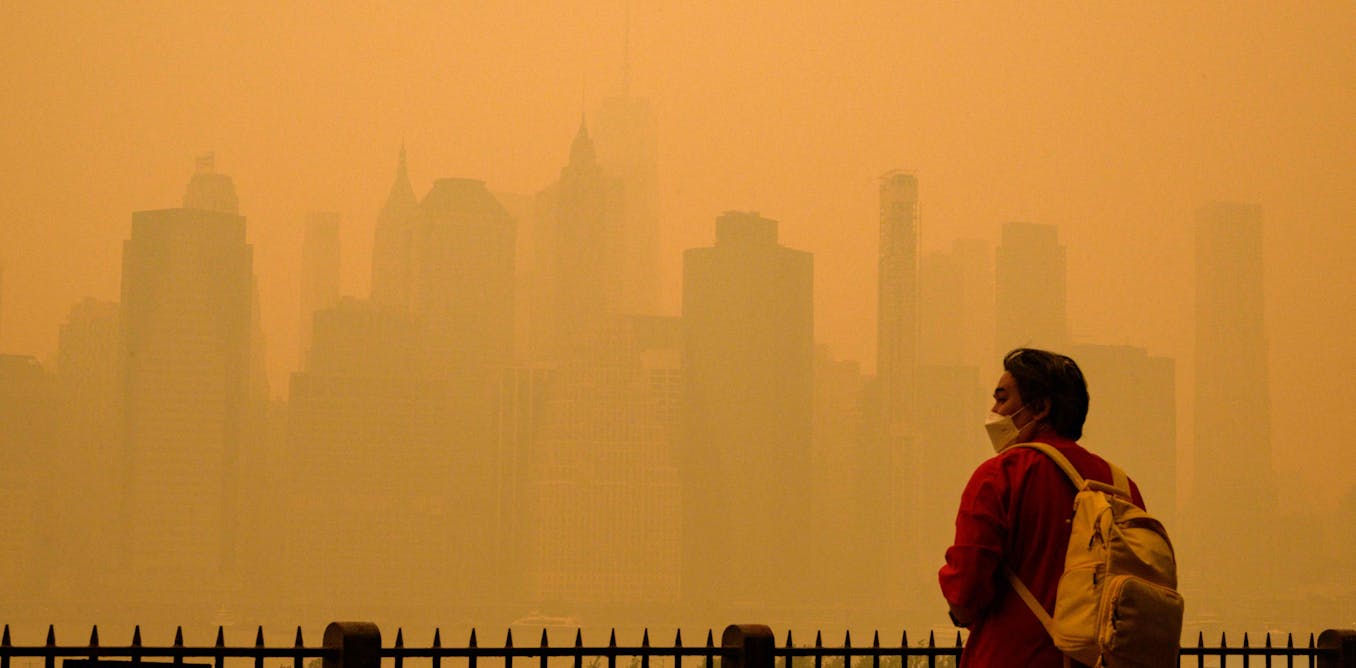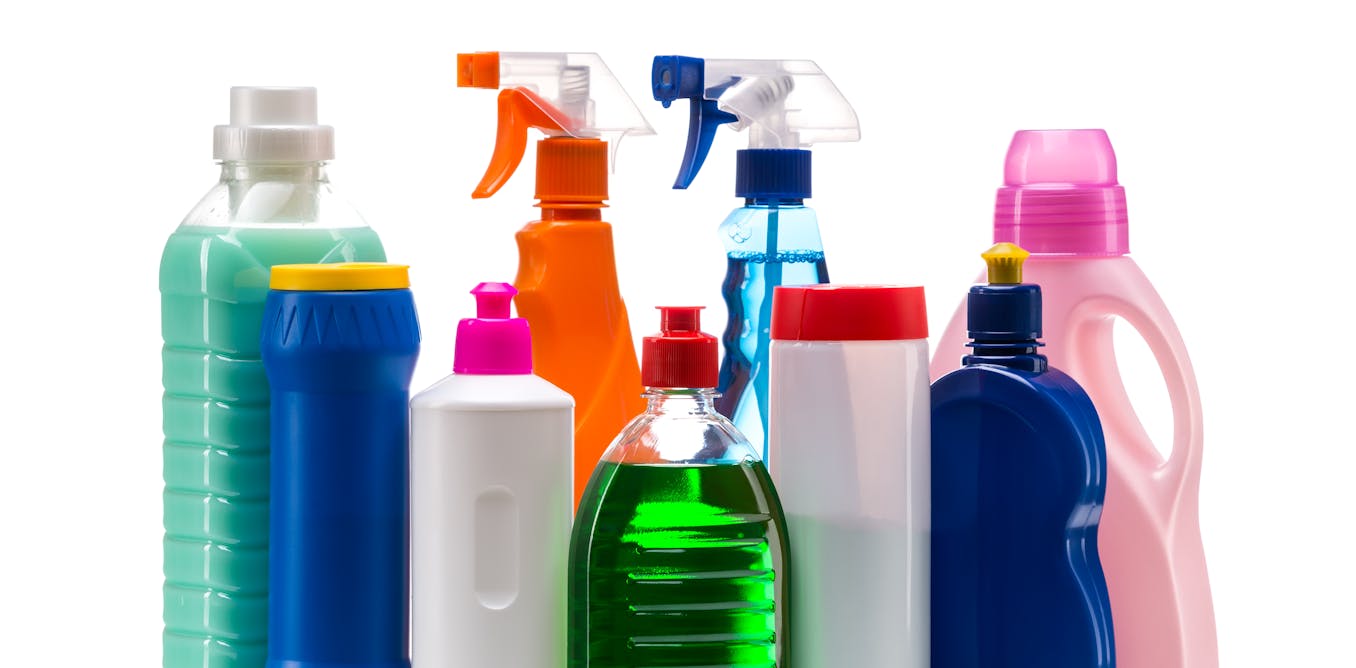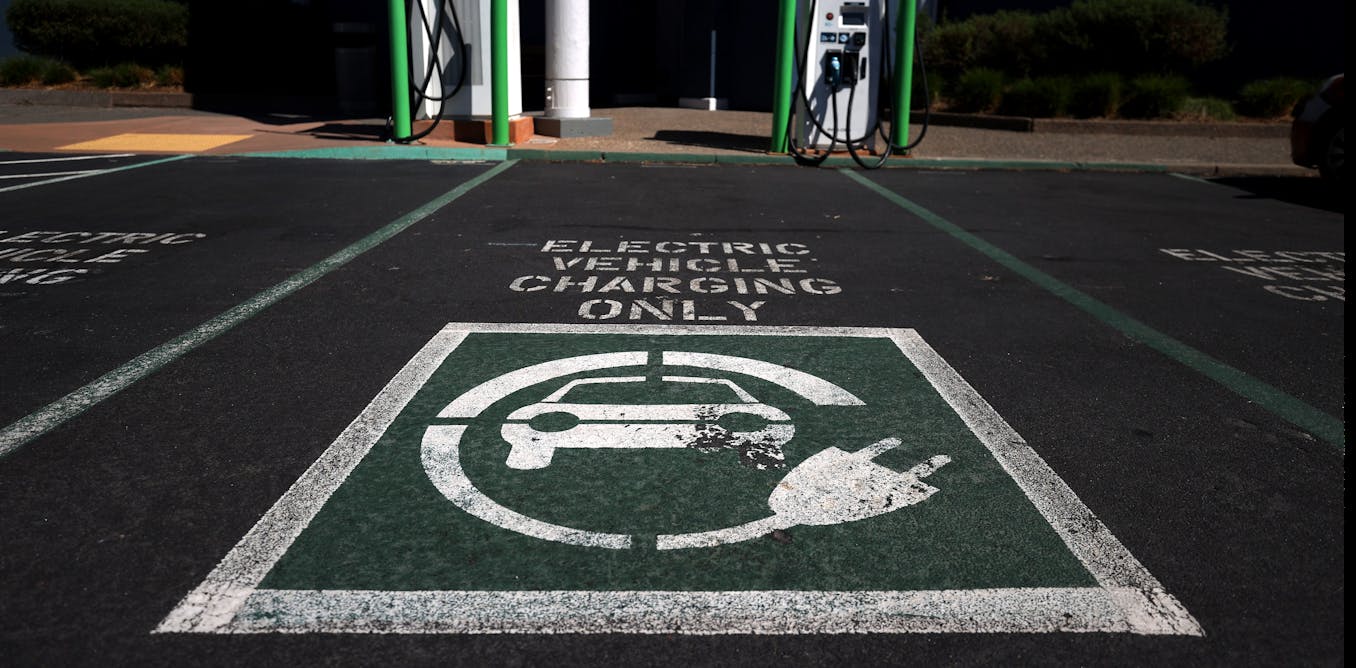AI can help forecast air quality, but freak events like 2023's summer of wildfire smoke require traditional methods too
Air quality forecasting is getting better, thanks in part to AI. That’s good, given the health impact of air pollution. An environmental engineer explains how systems warn of incoming smog or smoke.
Aug. 9, 2023 • ~6 min

